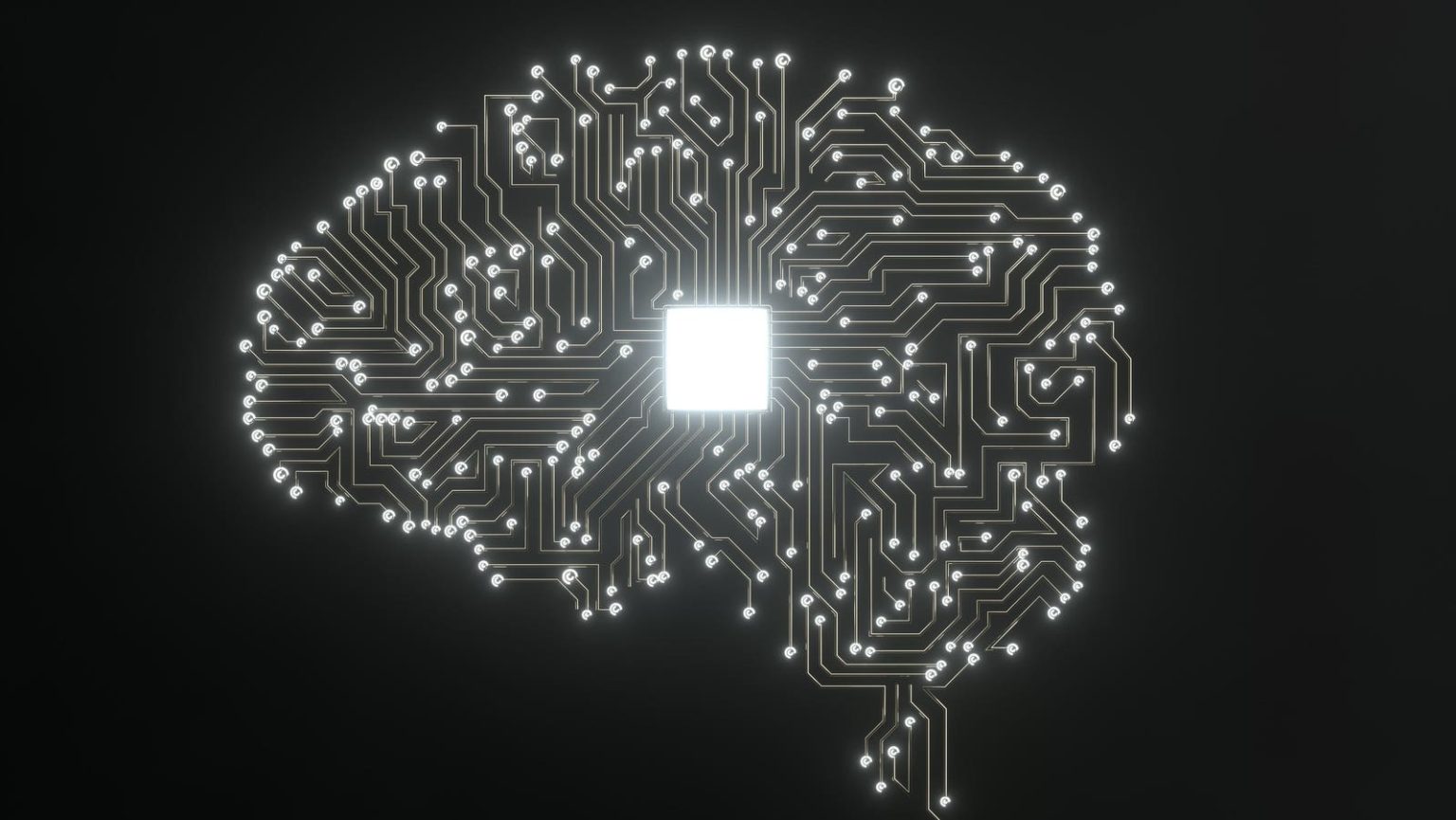Brain-computer interfaces (BCIs) are a groundbreaking field of science that allows for brain signals and thoughts to be turned into tangible outputs without relying on a person’s muscular functions. The main use for this technology is to restore function to patients with neuromuscular disorders or paralysis due to conditions like stroke. BCIs typically consist of three components: a device to measure brain activity, a computer to analyze the activity, and an output device that can be controlled by the brain signals.
Despite its complexity, the potential applications of BCIs have attracted billions of dollars in investment, with the industry expected to grow significantly in the next decade. However, there are technical challenges that need to be addressed, such as training users, user fatigue, and building algorithms and software to effectively convert brain signals into actionable outputs. Additionally, the need for direct implantation of the device through neurosurgery poses physiological invasiveness and surgical challenges.
Anna Wexler, an Assistant Professor in medical ethics and health policy, believes that upcoming trials for implantable neurotech devices will be crucial in advancing the field and improving patient outcomes. It is important to establish strict guidelines to ensure patient safety, privacy, and positive outcomes, as well as approach human trials cautiously due to the complex nature of the technology. Patients should also be well-informed about the risks and benefits of BCIs before considering its use. With proper development, scaling, and ethical considerations, BCIs have the potential to positively impact millions of patients in need of neurorehabilitation.
In conclusion, BCIs have the potential to revolutionize the field of neurorehabilitation by providing new ways for patients to restore function through brain signals. Despite technical challenges and the need for invasive procedures, the industry is expected to grow significantly in the coming years. Strict guidelines, cautious approach to human trials, and patient education are essential for the safe and ethical development of this technology. If done correctly, BCIs have the potential to improve the lives of millions of patients with neuromuscular disorders and paralysis.


